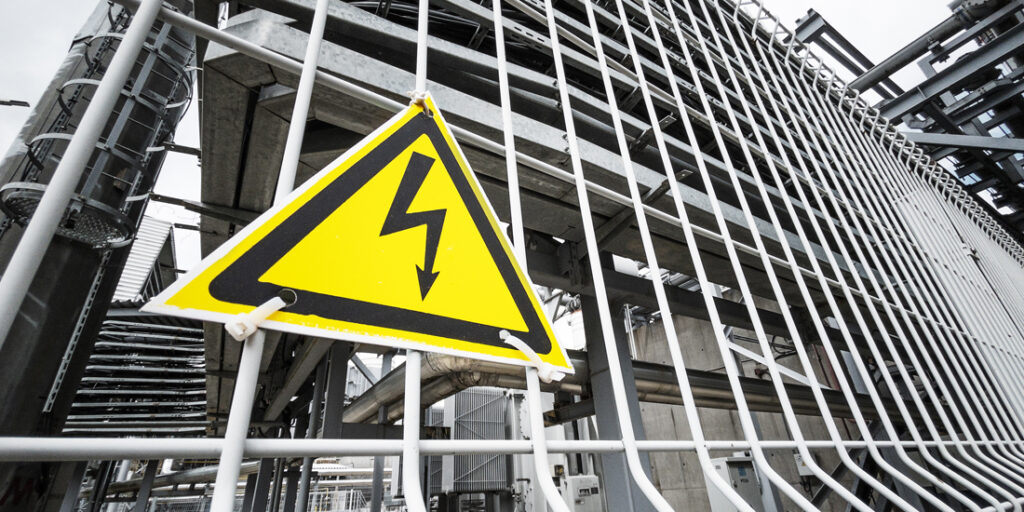
Stay safe on the Sunshine Coast with these electrical safety tips. If you need any assistance with electrical safety, contact our team – we are here to help.
1. Take Action on Faulty Equipment
- broken enclosures or cracked plastic covers
- discolouration caused by overheating or moisture
- water in and around the appliance
- frayed cords or damaged plugs
- full or dirty filters
If your appliance is in need of repair or maintenance, book in with our team for warranty and non-warranty repairs.
2. Education
Teach household members about electrical safety, especially children. Emphasize the dangers of playing with electrical outlets or appliances.
3. Use Qualified Electricians
For any electrical work, hire licensed and experienced electricians. Hint – That’s us! DIY electrical work can be dangerous and is illegal. Book an electrician in Noosa and surrounding suburbs here.
4. Never Touch Power Lines
Does that sound obvious to you? Keep a safe distance from power lines, especially during outdoor activities like gardening or using ladders. On the Sunshine Coast, we get powerful storms in Summer – take care to avoid any downed lines. If you encounter one (in South East Queensland) —call Energex on 13 19 62.
5. Turn Off Appliances Before Unplugging
When unplugging devices, turn them off first to avoid sparks or electrical shock.
6. Avoid Running Cords Under Rugs
Cords placed under rugs can become damaged, leading to a potential fire hazard. Keep cords visible and secure. If you’re not sure about your cords or power boards, we can assist with tagging and testing to ensure they are safe and functional.
7. Water & Electricity Don’t Mix
Keep electrical appliances and cords away from water sources. Never handle electrical equipment with wet hands.
8. Childproof Outlets
Install safety covers or tamper-resistant outlets if you have young children to prevent them from inserting objects into electrical outlets.
9. Use RCDs:
Install RCDs (safety switches). RCDs can quickly cut off power in case of electrical faults, reducing the risk of electrical shock. If you’re not sure what these essential devices do, or whether you have them, please read this article to learn more: What do you need to know about RCDs?
10. Use Smoke Alarms:
Ensure your premises are equipped with smoke alarms that meet the new legislation requirements. Learn more about the requirements in this article, or contact our team for smoke alarm testing, sales and installation.

Discuss Electrical Safety Today:
